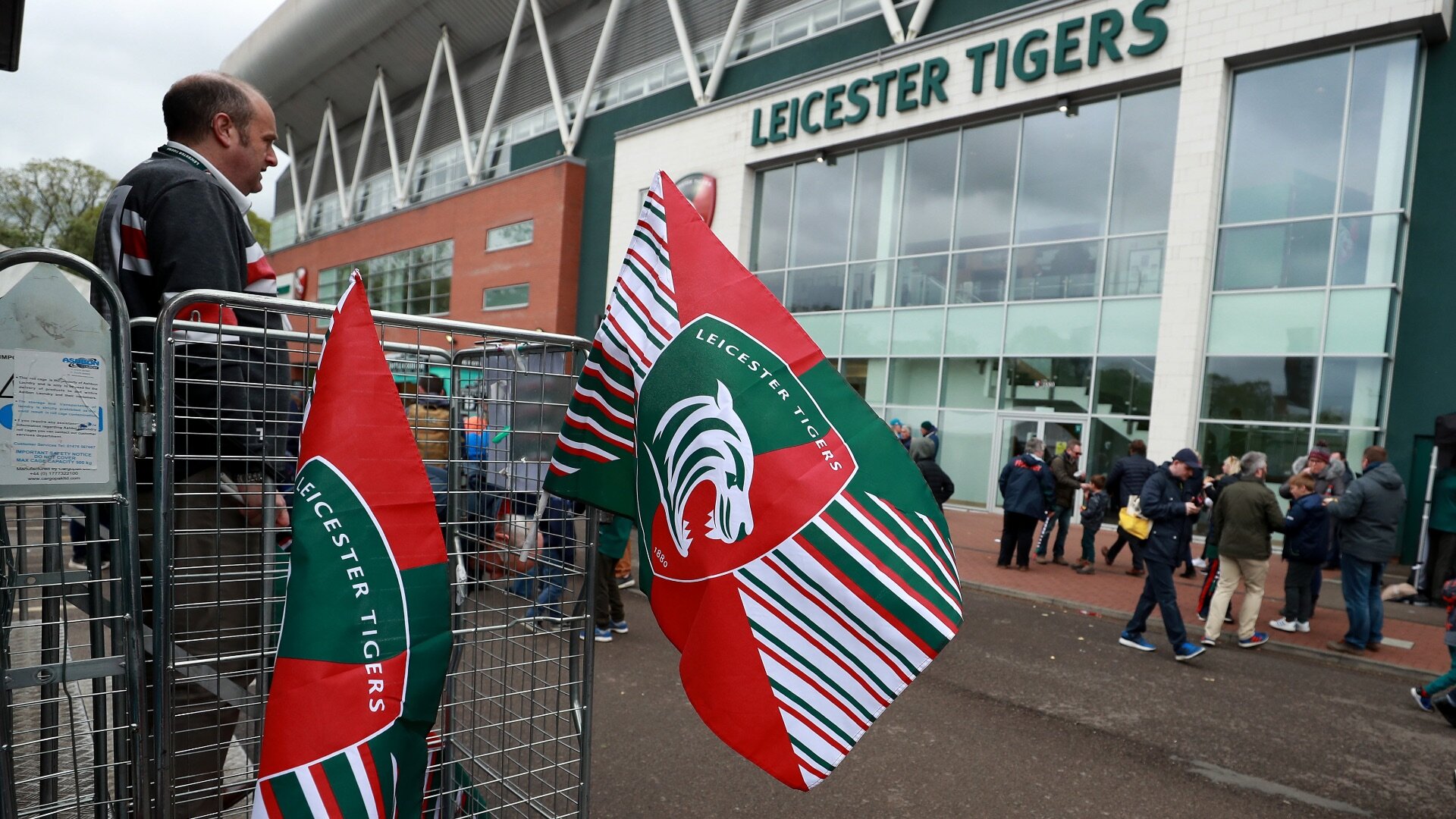Leicester Tigers' brutal season hasn't left their bank balance unscathed

Away from the Rugby World Cup, domestic rugby is beginning to whir into action across Europe and one of English rugby’s giants, Leicester Tigers, have released their financial statement for the financial year ending on June 30th, 2019.
The club recorded its highest ever revenues in 2018 when they broke the £20m barrier and registered a total revenue of £20.4m, although it was not enough to prevent a pre-tax loss of £991,000.
Boosted by the largest attendances in English rugby, Leicester’s financial situation has long been a healthy one, though they have spent the last three years recording pre-tax losses, with that figure having been increasing since the end of the 2014/15 financial year.
Despite again managing to record a revenue of £20m – a decrease of £400,000 from 2018 – Tigers’ pre-tax losses have increased, with the club filing a deficit of just over £1.9m for the 2018/19 year. It is not the most positive news for Leicester, who announced plans to sell the club earlier this year.
One of the major contributors to this drop in revenue and subsequent increase in losses was a drop in rugby income. The figure stood at £5.4m in Leicester’s revenues in 2018 and that number has dropped to £4.9m for the most recent year. A reduction of almost 500 season ticket holders – from 14,027 in 2018 to 13,538 in 2019 – has been one of the main influences.
Other areas of the club also suffered, with sponsorship and conference and events revenue all also down, the latter of which has resulted in Tigers opting to appoint a new external organisation, Compass, to oversee all public and corporate services on matchdays, as well as non-matchday conference and events operations.
One area in which there was a positive move was the income the club garners from Premier Rugby Limited (PRL), which rose from £6.1m in 2018 to £6.5m in 2019, although it was not enough to offset the others losses in income and a modest increase in staff costs.
The 2018/19 Gallagher Premiership season heralded the arrival of CVC as a shareholder in PRL, with the member clubs hoping that the funding provided by the private equity firm would help lay the groundwork for a more commercially successful future.
It is too soon to see any potential positive or negative consequences to the move on the balance sheet, but clubs up and down the Premiership will hope to see those losses begin to diminish, rather than increase, in the coming years.
Watch: Eddie Jones and Owen Farrell are both positive after England’s win over Tonga



























